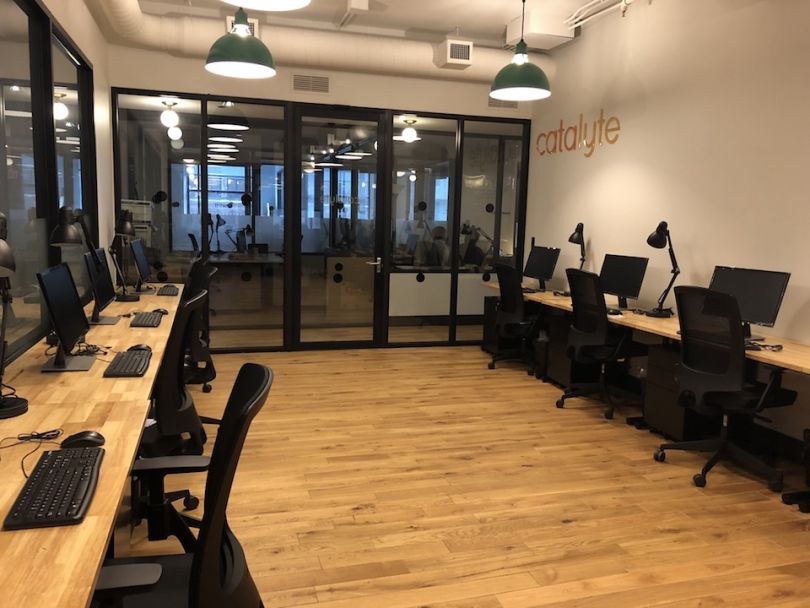
Anytime a tech company announces plans to open a Chicago office and make a ton of hires, that’s big news. But in the case of Catalyte, a provider of managed services and outsourced software development, the story isn’t that they’re headed to the Windy City and plan to make 100 hires over the next two years.
It’s how they will make those hires.
“We’re using artificial intelligence and machine learning algorithms to identify people who could become successful software developers,” said CEO Jacob Hsu. “When you take pedigree and human bias out of the hiring process and just look at aptitude, the ability to become a great software developer is pretty evenly distributed across society.”
The ability to become a great software developer is pretty evenly distributed across society.”
These algorithms power a two-hour online screening process designed to discern a person’s ability to learn software development. Applicants who pass the screener are invited for an interview. No professional experience is required and only a high school degree or GED is needed to apply. Catalyte partners with community colleges and local workforce development organizations, like World Business Chicago, to spread the word about its opportunities.
All new hires go through a full-time training course lasting 16 to 20 weeks, during which they learn everything from front- and back-end engineering to database design. Stipends are issued halfway through training and those who successfully complete the program receive full-time offers. The training program stresses teamwork and collaboration, with the cohort moving onto the next topic only after every member has mastered the current one.
“By the end of training, the cohort’s members not only know how to code, but they can actually work together as an efficient and collaborative scrum team,” said Hsu.

The end result, according to Hsu, are teams that are more productive than overseas software development firms. Catalyte locates its development centers in major urban areas to be closer to clients. This “farm to table” approach, as Hsu calls it, is meant to drive performance and productivity while making it easier for businesses to reinvest in the community.
“Our clients get to really, truly reinvest in their communities,” Hsu said. “They’re not only raising the living standards of those in their community and paying taxes, but they’re actually creating these long-term talent pipelines in their own backyard.”
Catalyte has experienced extreme growth over the past year, with headcount jumping from 150 in 2017 to over 600 today. Catalyte currently operates development centers in Baltimore and Portland, Ore., and plans to open another 20 offices across the country by 2020. Chicago is the first city in that ambitious expansion plan, and its initial cohort kicks off on May 7.




